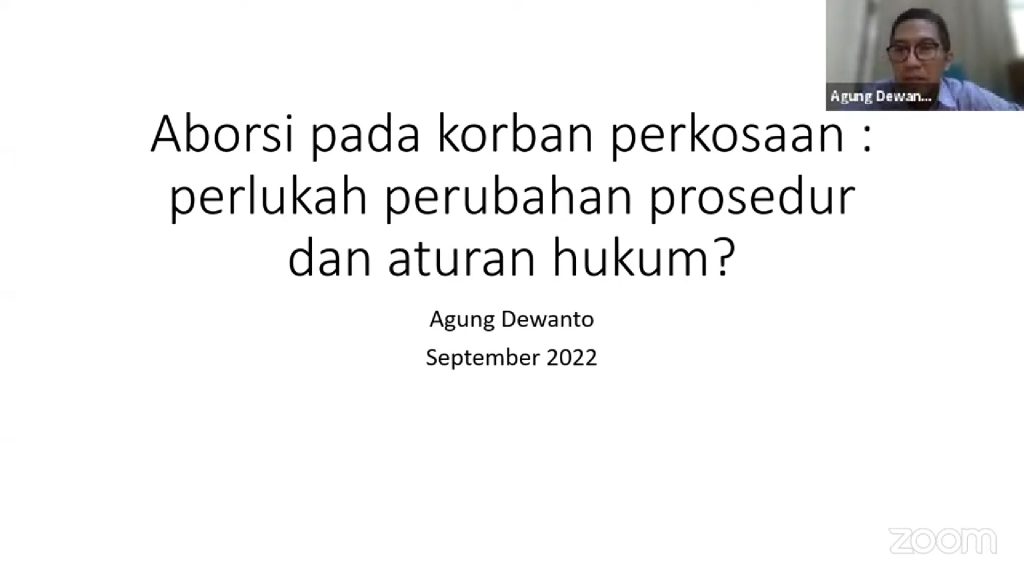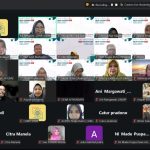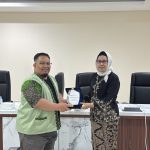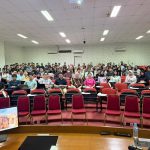The Center for Bioethics and Medical Humanities (CBMH), Faculty of Medicine, Public Health, and Nursing Universitas Gadjah Mada held another regular Raboan Discussion Forum on Wednesday (21/09). In the virtual event, CBMH invited dr. Agung Dewanto., Sp.OG(K)., Ph.D to give a presentation entitled Abortion for Rape Victims in Indonesia: Is there a need to change legal procedures and rules?. Meanwhile, the moderator was dr. Wika Hartanti MIH.

The discussion was a continuation of the previous discussion session about the perspective of human rights on abortion for rape victims. dr. Agung highlighted cases that occurred in Indonesia where many rape victims did not receive their human rights. in particular is their right to access necessary health care such as abortion.
dr. Agung gave an example of what happened to a teenage girl named Melati (not her real name) who suffered from severe depression after an abortion application submitted to the police was rejected. Melati, who is 12 years old, is a victim of rape by her neighbor. Not only refused to have an abortion, Jasmine was even asked by the school to resign because she was pregnant.
One of the problems that makes abortion difficult to implement is that abortion is considered to be untrue and prohibited by the moral and religious values held by the majority of the Indonesian population. Meanwhile, the legal umbrella that can be used by rape victims currently states that abortion can be carried out if the gestational age is no later than 40 days from the first day of the last menstruation.
According to dr. Agung those facts makes the issue even more complicated and complex. Due to the pressure from public, rape victims often hide their pregnancy. Also due to the low number of sex education some even don’t know that they are pregnant thus makes the abortion is proposed later than the regulated time. It leads to refusal of abortion procedure from the police.
Another issue arose is the victim must go through a complicated process. To get legal abortion permission, several experts, including obstetrics, hospital ethics committees, psychologists, and legal experts, must be involved to making the decision. This process takes a lot of time and making it more difficult for the victim.
This event and report is a part of Abortion series. More about this series: CBMH_Abortion
Watch full video here






